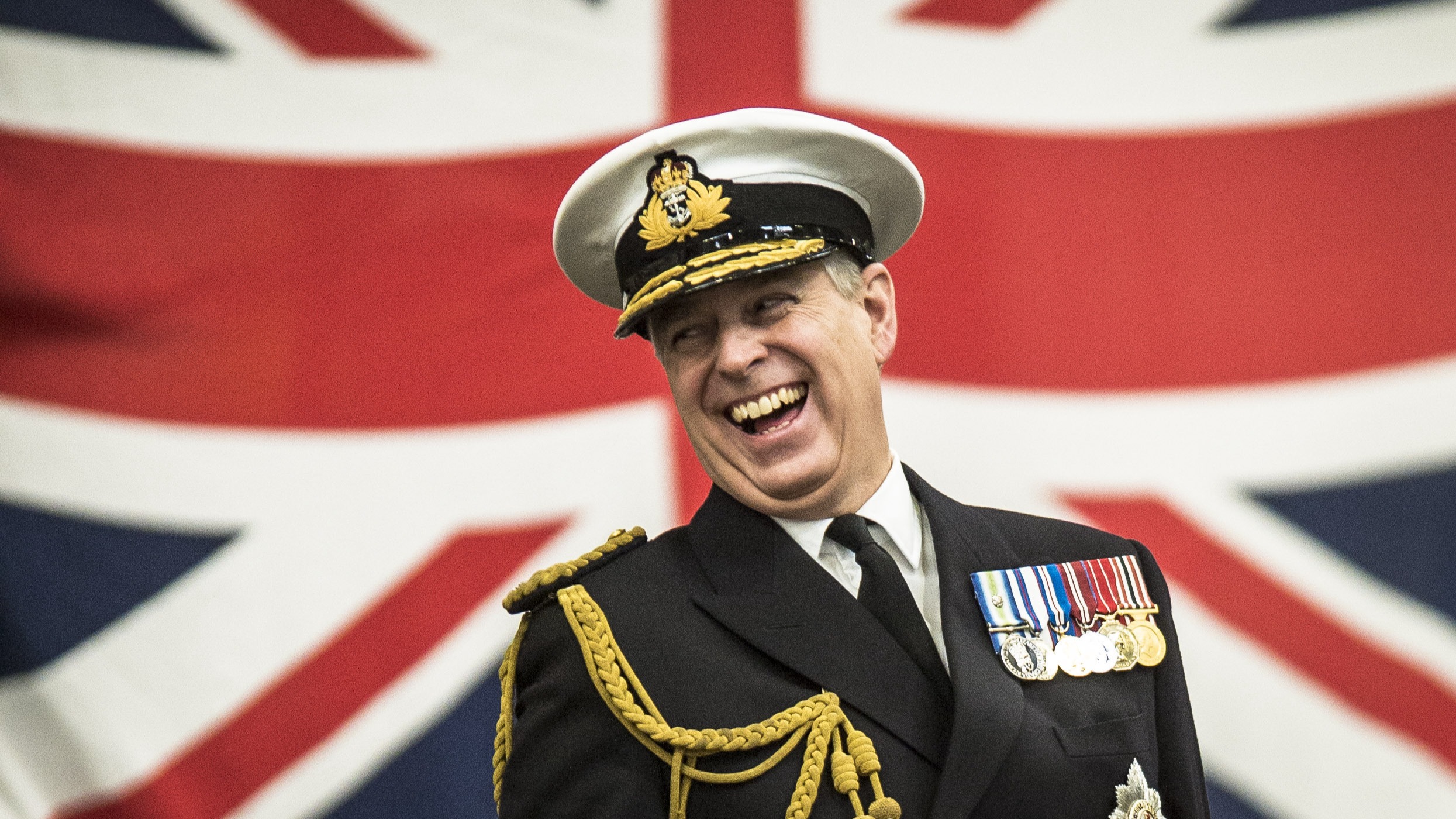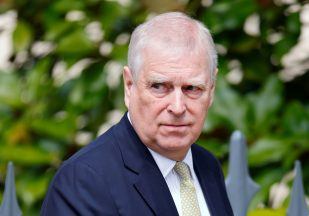There are growing calls for parliament to officially strip Prince Andrew of his titles.
On Friday, Andrew released a statement saying he would stop using “my title and the honours which have been conferred upon me”.
It came after renewed controversy surrounding his friendship with convicted sex offender Jeffrey Epstein and fresh scrutiny over his alleged contact with a suspected Chinese spy.
Accusations that he had sex with Epstein victim Virginia Giuffre were also back in the headlines, ahead of the publication of her posthumous memoir.
The titles and honours Andrew has relinquished include his wedding day titles: the Duke of York, the Earl of Inverness and Baron Killyleagh; his knighthood as a Knight Grand Cross of the Royal Victorian Order (GCVO) and his role as a Royal Knight Companion of the Most Noble Order of the Garter.
However, he remains a prince.
What can parliament do?
As it stands, despite Prince Andrew’s announcement to give up his titles, he still retains his dukedom.
That’s because – although he has agreed not to use the title of Duke of York – it can only be officially removed by an Act of Parliament.
An act is a bill that has been approved by both the House of Commons and the House of Lords and been given Royal Assent by the Monarch.
Buckingham Palace is understood to be reluctant to use up parliamentary time on the issue, but York Central MP Rachael Maskell is calling for action.
The MP, who had the Labour whip taken off her for objections to the Government’s welfare reforms, introduced a private members’ bill that would give the monarch powers to remove titles in 2022. She is renewing pressure for this bill to move forward.
Legislation to remove Prince Andrew’s dukedom must be put forward without “any further excuses and any further delay”, the SNP has said.
The SNP has put forward a motion to pressure the government to strip Andrew of the title, which would require an Act of Parliament.
Stephen Flynn, the SNP’s Westminster leader, said that “power and privilege” has protected those in the Epstein scandal for far too long and that the legislation to remove the title must be brought forward.
Flynn has submitted an early day motion (EDM) which allows MPs to express an opinion, publicise a cause or support a position. It is rare for them to be debated.
Can Andrew be stripped of his princeship?
Despite Friday’s statement, Andrew remains a prince.
When he was born in 1960, he automatically became a prince, as the son of a monarch. This can only be changed if a “Letters Patent” is issued by the King.
A Letters Patent is a legal document authorised by the monarch, usually on ministerial advice.
Letters patent can be used to make public appointments, confer honours, grant city status or signify Royal Assent to legislation.
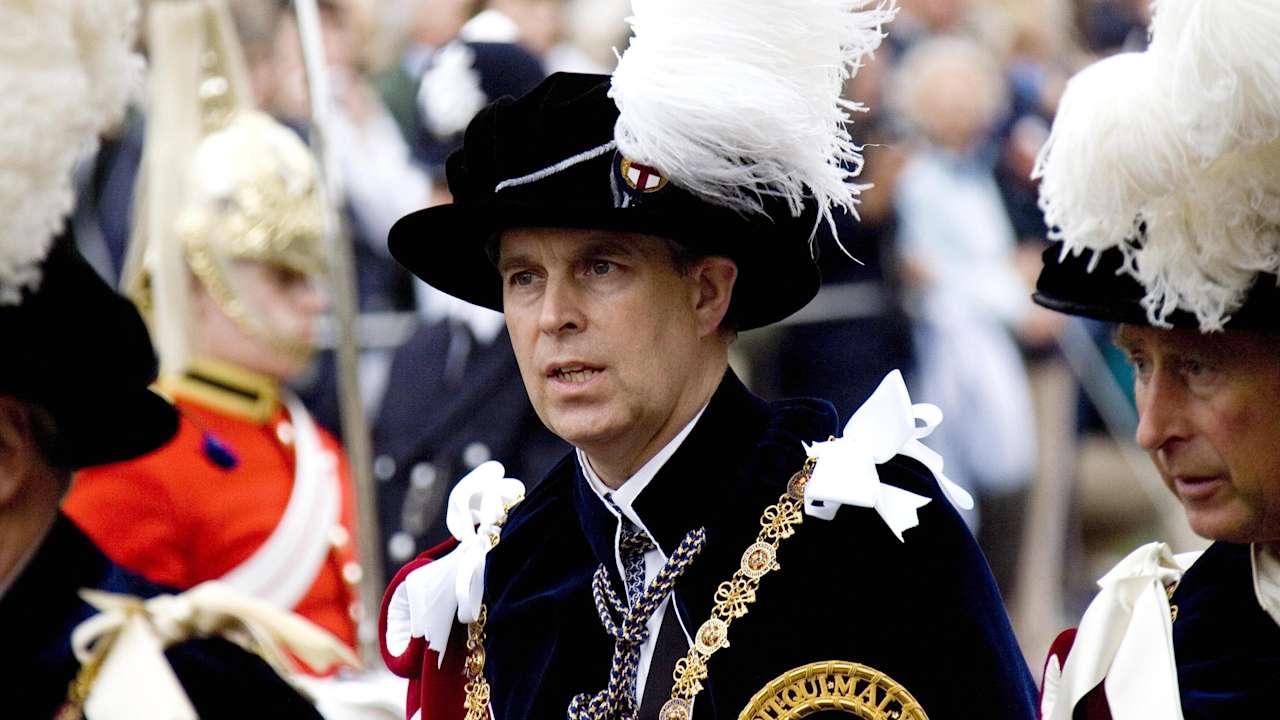
It seems unlikely the government would move on this without Buckingham Palace asking for it.
On Monday, education secretary Bridget Phillipson said stripping Prince Andrew of his right to be a prince was not a matter for the government.
Asked whether parliament should strip Andrew of his titles, Phillipson told BBC Radio 4’s Today programme: “This isn’t a matter for the government, and we do support the statement that the royal family issued and the action that’s been taken.”
Asked why it was not a matter for the government, Phillipson said: “Because the government, by long-standing convention, does not involve itself in matters concerning the royal family.
“The royal family don’t involve themselves in the business of government in terms of inserting themselves into the discussion, and it’s right that we respect that going the other way as well.”
What has Downing Street said?
The Government has indicated that it would not introduce any legislation to strip Andrew of his titles unless the King wanted to.
On Monday, the Prime Minister’s official spokesman said the question of legislation was “a matter for the palace in the first instance” and the ministers “support the judgment of the King” regarding Andrew’s titles.
He added: “The Prime Minister’s thoughts are very much with the victims and survivors of Jeffrey Epstein who suffered and continue to suffer.”
On Sunday, energy secretary Ed Miliband said: “I think the royal family have said that they didn’t want to take up parliamentary time with this; there are lots of other things that Parliament is discussing, I think it’s right he’s given up his title.”
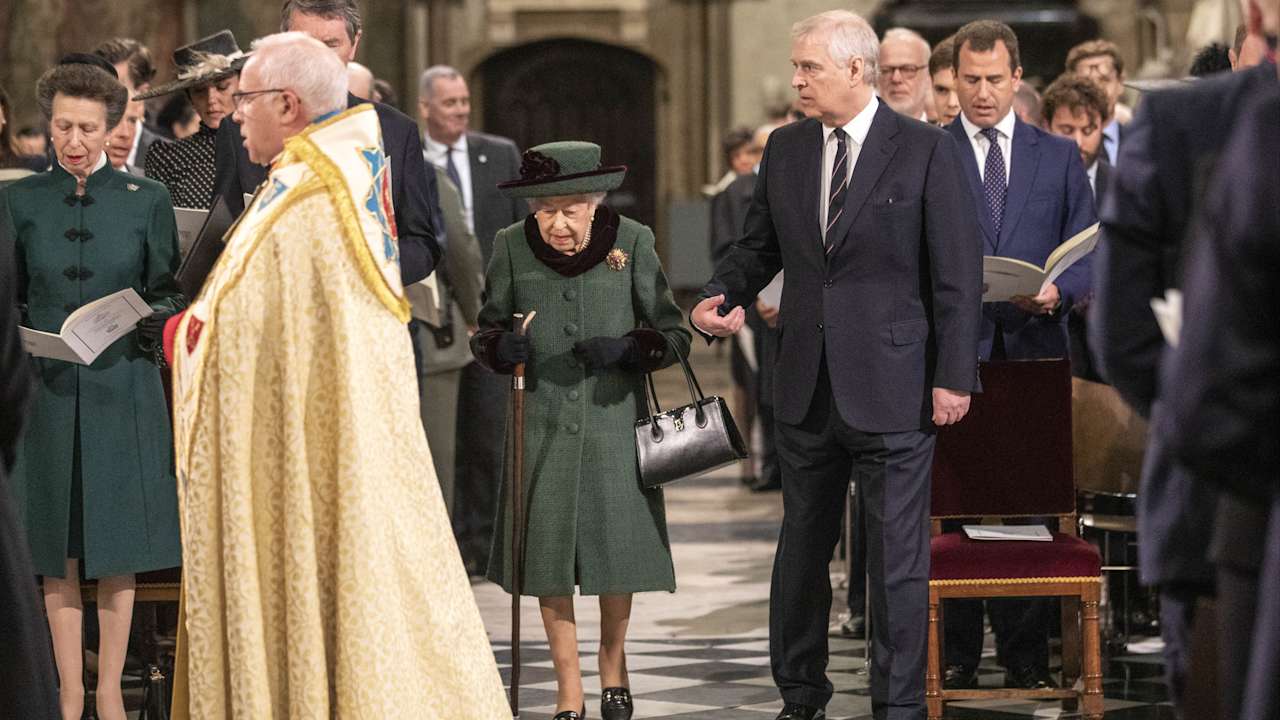
Have Acts of Parliaments or Letters Patent been used for the royal family before?
Legislation has been used before to strip titles, including descendants of Queen Victoria and Prince Albert, who supported the German side in the First World War.
The Titles Deprivation Act 1917 was used two years later to strip the titles from Leopold Charles, Duke of Albany, Earl of Clarence and Baron Arklow; Ernest Augustus, Duke of Cumberland and Teviotdale, Earl of Armagh; Ernest Augustus, Duke of Brunswick, Prince of Great Britain and Ireland; and Henry, Viscount Taaffe of Corren and Baron of Ballymote.
The law remains in force, but as it refers specifically to the First World War, its provisions are unlikely to be relevant today.
Perhaps more famously, an Act of Parliament was used to recognise the abdication of King Edward VIII in 1936 and to pass succession to his brother King George VI in 1936. That act was called His Majesty’s Declaration of Abdication Act.
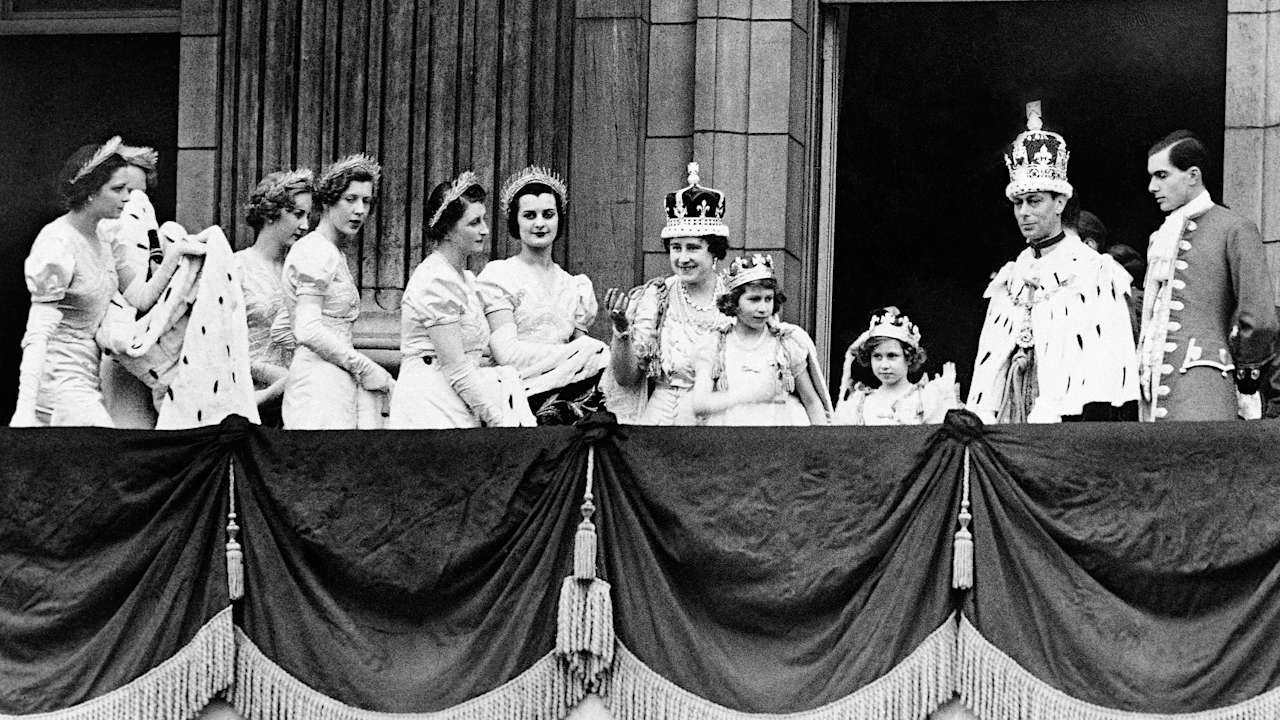
The act also excluded any possible future descendants of Edward from the line of succession. Edward’s decision to abdicate was driven by his desire to marry his divorced American lover, Wallis Simpson.
Meanwhile, a new Letters Patent authorised by Queen Elizabeth II was used in 2022 when doctors advised Queen Elizabeth II not to attend the state opening of parliament.
A new Letters Patent authorised by the Queen was issued to cover the State Opening, delegating to Counsellors of State the royal function of opening a new session of parliament.
In this instance, it enabled Charles and William to jointly exercise that function as the late Queen did not attend the state opening of parliament for the first time in nearly 60 years.
Follow STV News on WhatsApp
Scan the QR code on your mobile device for all the latest news from around the country


